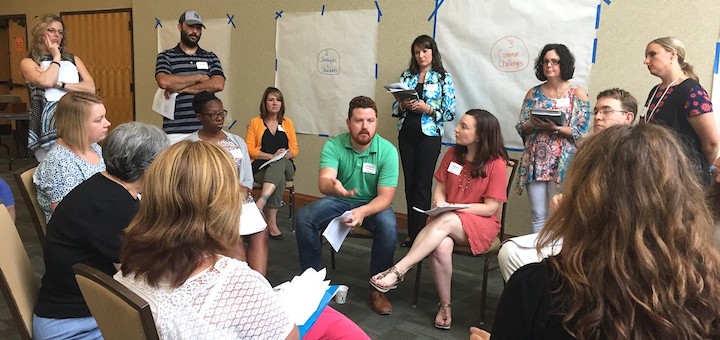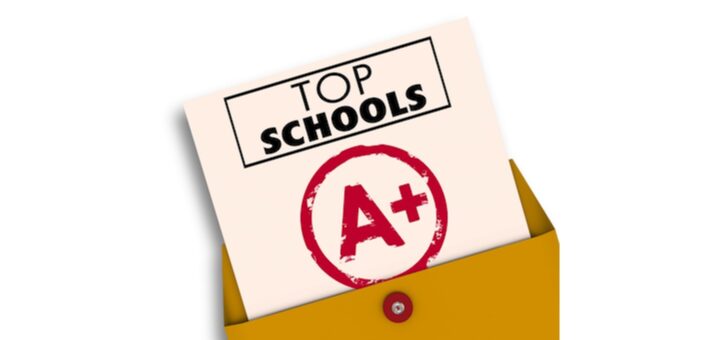Tagged: Barbara Blackburn
The decision to give students “extra credit” should be closely tied to a teacher’s reasons for grading, says teaching coach Barbara Blackburn. Do you grade to measure understanding, provide accountability or compare students? She includes a “redo” tool – her preferred option.
Ron Williamson and Barbara Blackburn describe ways leaders can effectively advocate for schools by developing strategic alliances with local officials, internal groups in schools and external groups in the community. It can be time consuming but definitely worth the effort!
Learning focused schools have a collective growth mindset and a shared belief that every student can learn and grow. Education leaders Ron Williamson and Barbara Blackburn share six characteristics that define such schools and offer ideas about how to accomplish each one.
Prior to 9/11, Barbara Blackburn’s first choice when crisis and tragedy impacted the classroom was to allow an open discussion. After an inappropriate statement by a student shut down communication, she began to develop more tractable writing strategies, which she shares here.
When trust is present, people are generally more productive, more satisfied with their work, and less likely to search for a new job. Ron Williamson and Barbara Blackburn share six research-based strategies leaders can use to build a trusting, collaborative school community.
Throughout their book, Blackburn and Witzel provide practical advice about assuring rigor in a variety of content and teaching situations, writes math specialist Andrea Bergener. Teachers will appreciate the easy to understand examples based on research-proven practices.
Williamson and Blackburn highlight four good reasons to be optimistic about the future of America’s public schools. Community approval is the highest in nearly 50 years; teachers are better prepared for the future, and the resilience of public educators remains remarkable.
The number one frustration Barbara Blackburn hears from educators is TIME! “I just don’t have time to do everything I need to.” Try her seven strategies to cope with constant planning and overflowing calendars. And remember this: perfectionism can be the enemy of completion.
Leadership consultants Ronald Williamson and Barbara R. Blackburn identify the essentials in shaping a school’s reputation and suggest ways the principal, teachers and staff can assure their school has a positive image among students and families and in the community at large.
What do your students believe about learning? Beliefs affect behaviors, and their perspective on failure is decisive. Teaching coach Barbara Blackburn examines 3 beliefs that impact the ability to learn and offers strategies to help students focus on growth.
























